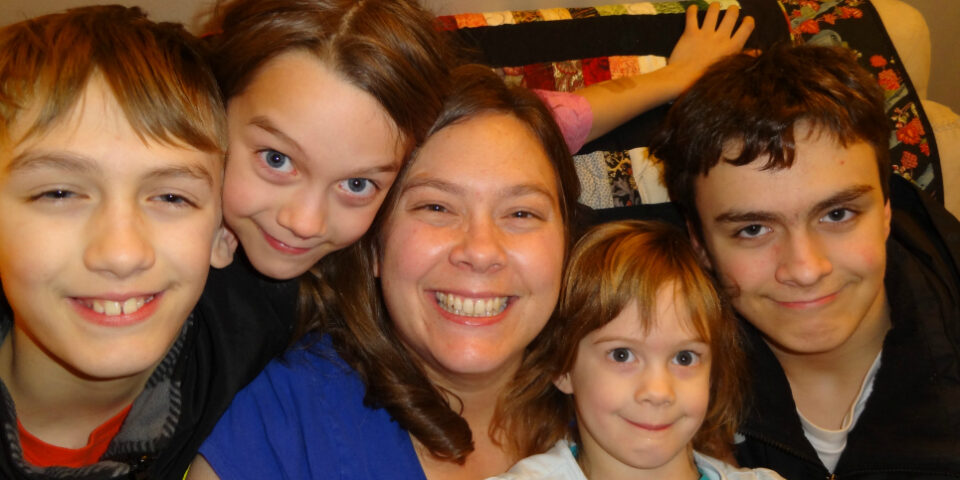Hi, I’m Andrea. I’m a 39-year-old divorced mother of 4 beautiful children. I am a seventh generation Mormon, born and raised in the Church. I completed my Young Women in Action award, spent a year as an exchange student in Japan, attended Brigham Young University on scholarship, served an honorable mission to the Philippines, married in the temple, and graduated with a BA in Asian Studies and Japanese. I have served as a visiting teacher, a stake and ward missionary, an adult and youth Sunday school teacher, and a member of the ward Relief Society presidency.
After 15 years in an unhappy marriage, I made the difficult decision to file for divorce. A few months later, with the encouragement of two close friends, I began to educate myself about emotional abuse. I came to see, for the first time, how unhealthy my relationship with my husband had been, and how my long-suffering responses to his behavior had exacerbated our problems. I became concerned that, although church leaders have clearly expressed a no-tolerance stance toward abuse, there seems to be little or no information being shared with members about the many different forms abuse can take, appropriate and healthy ways to respond to abuse, and how to identify and avoid relationships with men who are likely to become abusive.
Throughout my divorce process, I struggled with our bishop, a man who has known me and my family for fifteen years. He was close to my husband, after many years of serving with him in callings, and described him to me as one of the best men he’d ever known. My Bishop did not seem to believe or care about the experiences I shared with him. I don’t think he could take the word of a woman he essentially didn’t know over the word of a man he felt he knew well. I contrasted my relationship with the bishop to my relationship with many of the women in the ward, who know, trust, and respect me after years of working together in Relief Society.
One of the problems with an all-male leadership is that they cannot know the women they serve on a personal level in the same way they know the men. I multiply this small experience of mine by all the branches, wards and stakes of the church, as well as the worldwide leadership, and it troubles me deeply. I think there is a relationship between the lack of personal ties between women and their male leaders, and the fact that the Church, while paying lip-service to the evils of abuse, fails to provide the necessary supportive teachings to help families–especially women and children—protect themselves from it. Abusive relationship patterns are passed from generation to generation. In a church that places such great emphasis on happy eternal families, this glaring blind spot is of great concern to me. This is one of many reasons that I believe women should be ordained.







